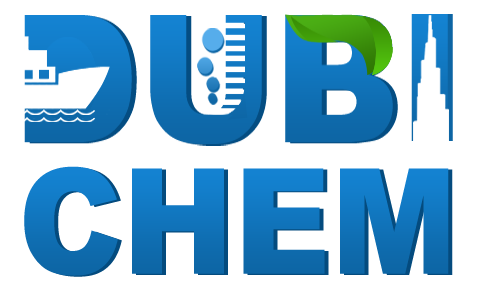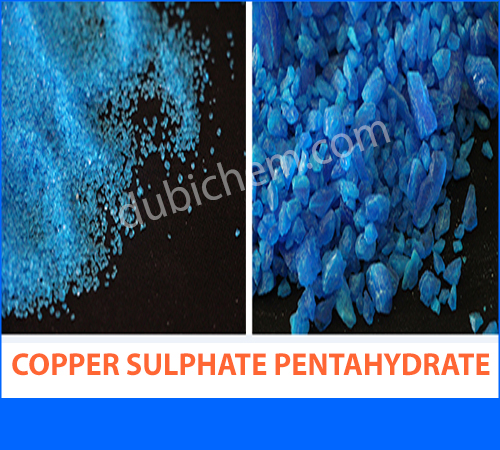Copper sulphate pentahydrate is safe for all animal species up to the maximum total copper content authorised in feed. No concerns for consumer safety are expected from the use of the feed additive. The maximum residue limits (MRLs) for copper in foods of animal origin established by European Union pesticides legislation are not consistent with legal practices in animal nutrition. As copper is an essential micronutrient, the FEEDAP Panel is not in favour of establishing MRLs for animal products, unless there is a clear consumer safety issue; if MRLs are to be maintained, the Panel has proposed amended values.
The additive is an eye irritant and may induce allergic dermatitis in sensitive persons.
Copper sulfate is also used to test blood for anemia. The blood is tested by dropping it into a solution of copper sulfate of known specific gravity – blood which contains sufficient hemoglobin sinks rapidly due to its density, whereas blood which does not sink or sinks slowly has insufficient amount of hemoglobin.
Copper Sulphate is commonly used by gardeners and commercial farmers to prevent problems with fungus or mold The copper status of the soil, together with the frequency of application and quantity of copper sulfate applied, will determine the effects of copper sulfate on plants.
Used in an area of copper-deficient soil, copper sulfate enriches the soil and provides an essential nutrient to growing plants. When soil is copper-deficient, young plants may develop chlorosis, a condition in which leaves yellow due to lack of chlorophyll. Copper deficiencies can also cause stunted or atypical growth; young plants in very nutrient-deficient soil may simply die. Wilting, lack of flowers and reduced fruit harvest are all likely effects of copper-deficient soil. Copper sulfate prevents these problems. Test soil regularly, and apply copper sulfate as needed in a spray or fertilizer preparation.
Various Applications of Copper Sulphate:
- Agriculture: Technical Grade Fungicide used for making of Bordeaux Mixture
- Industrial : It is largely used as Textile mordant and also used in Electroplating and Dyes Intermediate
The use of copper compounds in aquaculture is not expected to pose a risk. The limited database available on the influence of copper to the development of antibiotic resistance in gut and soil bacteria indicates that high copper concentrations in the microbial environment increase the number of copper-resistant bacteria, and copper resistance seems to be correlated with more frequent resistance to several antibiotics in certain bacterial species. A potential copper threshold concentration could not be derived. The total pool of macrolide resistance in animals probably originates from antibiotic treatment and not from the use of high dietary copper. The extent to which copper-resistant bacteria contribute to the overall antibiotic resistance can not be quantified at present. Copper sulphate pentahydrate is efficacious in meeting animal requirements.
Cupric Sulphate Pentahydrate manufacturer supplier distributor in Mumbai, Kandla, Kolkata, Vizag, Chennai, India, Fujairah, Dubai, Sharjah, UAE, Gulf, Middle East, Muscat Oman, Kenya Africa. Get the best quality of Cupric Sulphate Pentahydrate at a competitive price from us. We have ready stock of Cupric Sulphate Pentahydrate in India, UAE Gulf, Oman, Kenya Africa. Contact us for bulk as well as small orders.

